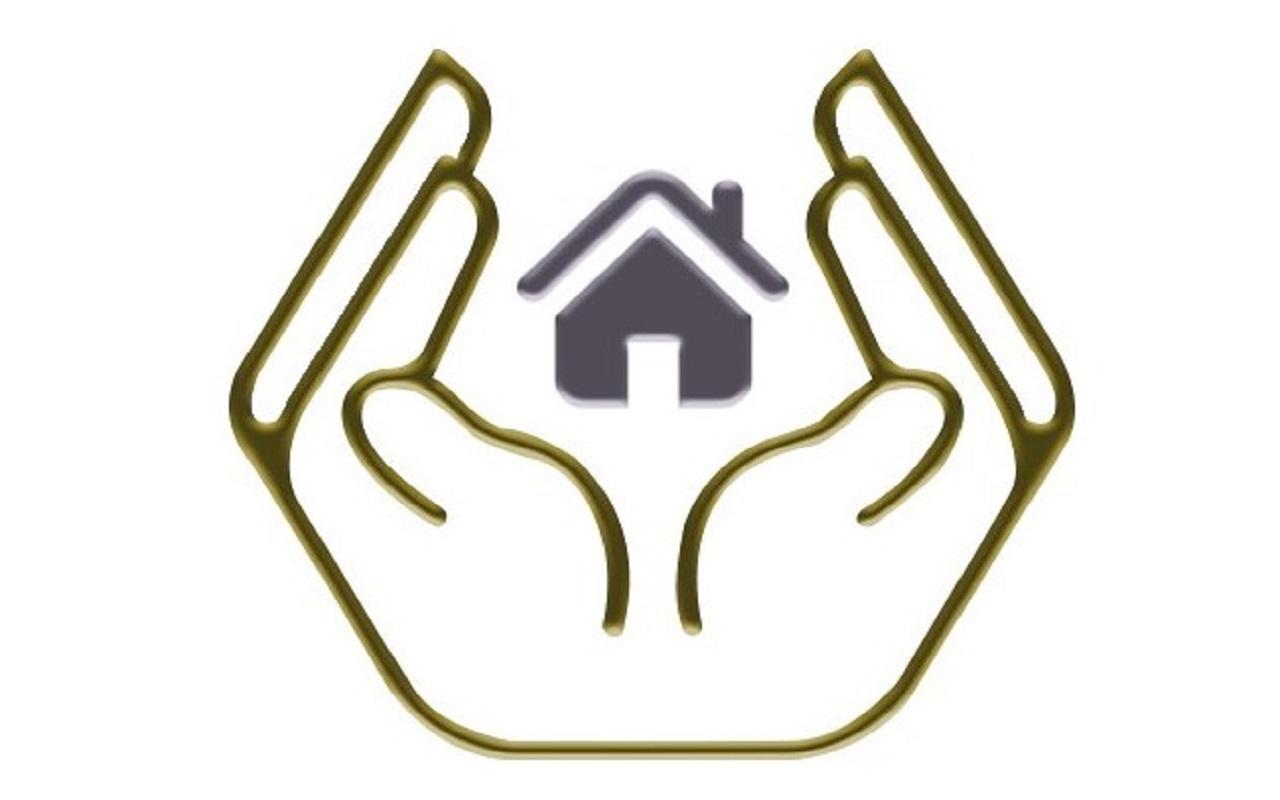The Ninth Judicial Circuit Court of Florida is broadening its reach into its localized communities in an attempt to aid neighborhoods in repairing the harm that is caused by crime. The Neighborhood Restorative Justice Program will empower the victims and the communities in a process of restoration. Through the non-adversarial methods of negotiation, conferencing, mediation, and reparation, a restorative solution to the harm of crime will be discovered. Crime is a violation of the entire community. The damage that is caused by crime affects victims, offenders, their family and the community as a whole. Restorative Justice attempts to solve the damage of crime by actively involving all concerned parties.
The first component of the Neighborhood Restorative Justice Program is the Juvenile Division. Presently, the Program is accepting first-time juvenile offenders who have committed misdemeanor offenses within their community. The juveniles are recommended to the Program through the Office of the State Attorney. Participation in the Restorative Justice Program is voluntary, with the juveniles receiving the option to participate or be formally prosecuted for their crimes in Juvenile Court. Victims will also have the option of requesting to have the case heard in Juvenile Court.
Neighborhood Accountability Boards
A diverse group of concerned members from each individual community comprise theNeighborhood Accountability Boards. Together these volunteers collectively determine how to best approach the damage that has resulted from crimes occurring within their own communities. These Neighborhood Board members receive formalized training in many facets of the Justice System and act as facilitators for the Accountability Conferences.
Juvenile Accountability Conferences
The Juvenile Accountability Conference is the primary proceeding in which the victim, the offender and the trained volunteer community members come together to find the most effective method of restoring the victim and the community after a juvenile has committed a crime. All parties discuss how the damage of the crime can be repaired. This may consist of several different methods including, but not limited to, community service, restitution to the victim, letters of apology, essays, and performing work at the victims home. The members of the Conference may also recommend that the juvenile participate in counseling, education, or treatment services in order to protect the community and the juvenile from future criminal activity.
The Juvenile Justice Contract
The Juvenile Accountability Conference will result in a contract that is signed by the juvenile, the victim and the Neighborhood Board. This agreement outlines exactly what is expected of the juvenile, including time limits and specific instructions for each sanction. These contractual obligations of the juvenile will be monitored by Sanction Coordinators from the police department. Once the juvenile has successfully completed the terms of the contract, the Board will make the recommendation that the charges against the juvenile be dropped by the State’s Attorney.
Community Involvement
Community involvement is always encouraged. If you are interested in applying to become a volunteer on the Accountability Board or would like to offer a service, please contact the Program Coordinator at (407) 836-9553 for more details.
Collaborative Effort
The Neighborhood Restorative Justice Program in Orange County has been made possible through the partnership and the support of:
- The Ninth Judicial Circuit
- The Office of the State Attorney
- The Department of Juvenile Justice
- The Apopka Police Department
- The Eatonville Police Department
